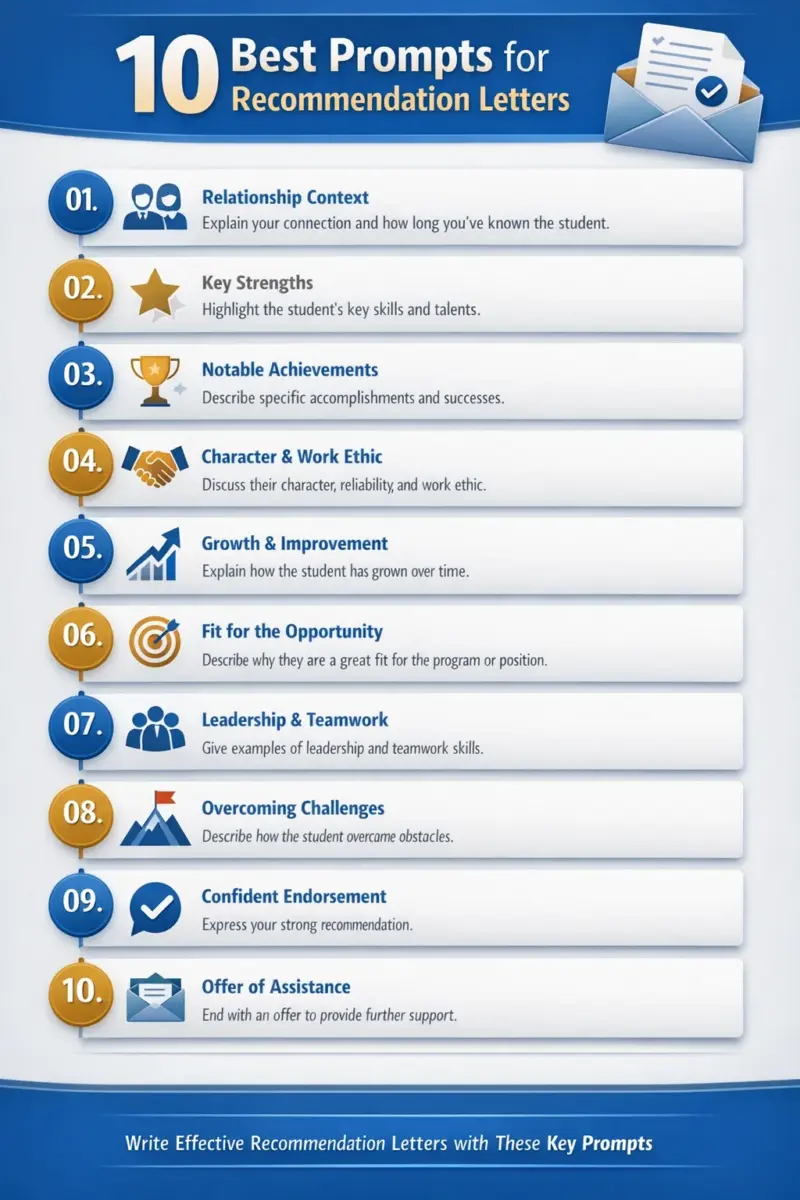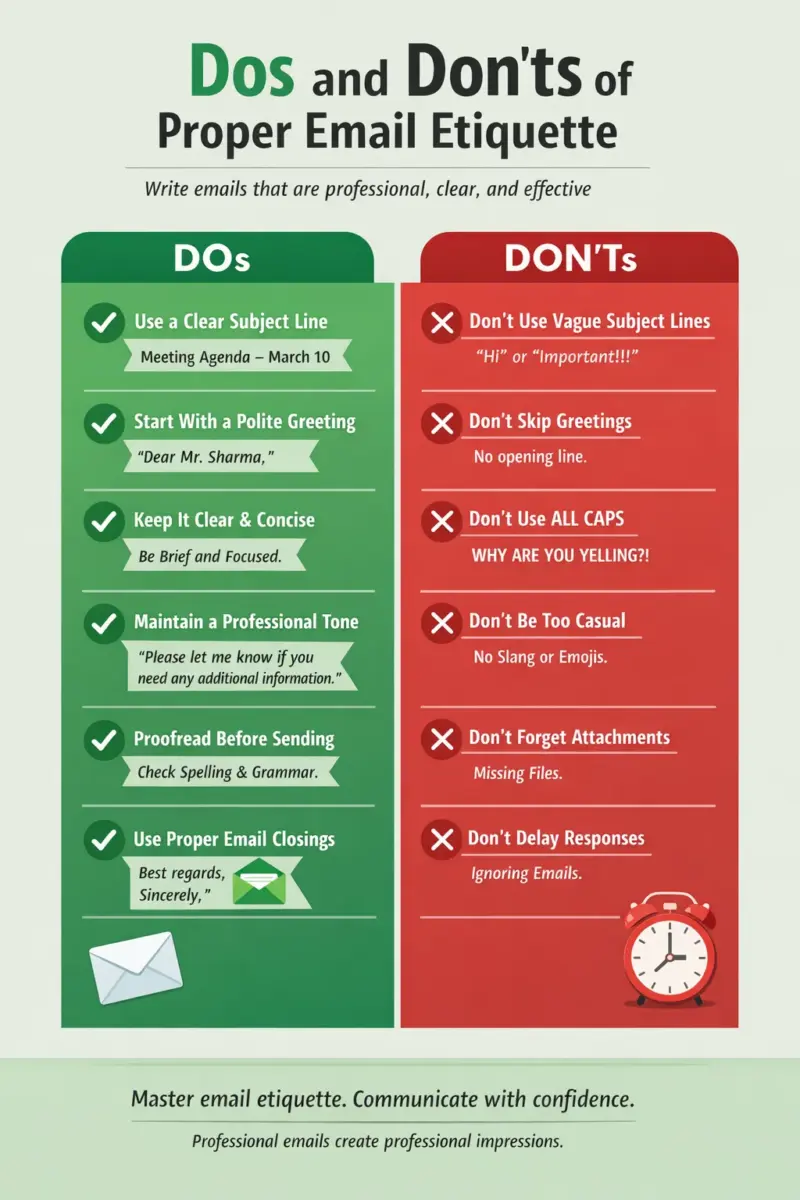The main economy in Europe, the highest standard of living, stable economic growth – all this is Germany. Thousands of specialists from all over the world annually look for opportunities to move to this country – in this article, we will talk about How to find a Job in Germany and increase your chances of success.

How to find Job in Germany, why Germany?
And for starters, some statistics that will directly tell about the popularity of Germany as a country for good work and life. About 10% (that is, approximately 8 million) of the population of Germany today are immigrants, for the most part, who moved to the country for work. With all this, according to official statistics, the country lacks about a million workers in a variety of specialties – about 60% of employers experience a shortage of skilled workers.
Medical staff is especially needed (and at all levels – both mega-experienced top-level doctors and nursing staff), engineers, and IT specialists. They are also waiting for workers without higher education (but with secondary special education). For example locksmiths, mechanics, plumbers, machinists, drivers, electricians, and so on.
Opportunities to move to Germany for specialists from Russia, Ukraine, Belarus, and other states outside the European Union have grown significantly, because, since March 2020, an updated law on labor migration came into force in Germany. Its main feature is the abolition of the previous important rule on compiling competition for local specialists.
This means that now when looking for an employee, the employer should not give preference to a local specialist. Germans and representatives of other states now have equal opportunities. In addition, another positive change concerns the so-called work visa.
If earlier only professionals with higher education could be present in Germany for six months in order to find a job (Jobszone), now this also applies to people with a diploma from an educational institution of an average level. But of course, the diploma must be recognized in Germany – more on that below. However, now in order to obtain a six-month visa for looking for a job, you will need to pass an exam in the knowledge of the state language not lower than level B1.
Now for the average salaries (after taxes):
- Construction workers – €2000-€3000
- Engineers – €3000-€4000
- Medical specialists – €4000-€5000
- Work in logistics — €2000-€3000
- IT specialists – €4000-€5000
- Catering – €2000-€3000
- Finance and Accounting – €3000-€4000
- Work in the field of education and pedagogy – €3000-€4000
- Electrician, welder, locksmith – €3000-€4000
How to find a job in Germany: where to look for vacancies
Now let’s move on to the most important thing – where to look for vacancies with the salaries listed above? And here there are several ways.
Official government sources
We all know resources by the type of labor exchange. Follow this link to see an extensive list of vacancies updated every day. The advantage is that only trusted firms publish job offers on the government portal. You can find vacancies in any region of the country, with any schedule and different salary levels. Another similar service is the Federal Employment Service, which aggregates all job offers here.
Specialized sites and databases of vacancies
Nowadays, few people place job advertisements in paper newspapers. But there are specialized publications on job search in every country. As for the German labor market, keep an eye on this and these resources – these portals present many vacancies in Germany for Russian speakers as well. Also, do not forget about special corporate social networks, such as LinkedIn. Most companies have profiles there and regularly post various kinds of information, including about open vacancies.
Direct calls
If you are determined to get a job in a particular organization or at least have decided on a possible list of them, then follow the websites and social media pages of all suitable firms. It’s a good idea to try writing emails to the HR departments of these companies.
As for the Germans themselves, there are no special secrets or life hacks “for the locals” here: 70% of people look for work on stock exchanges and databases with vacancies on the Internet, about 35% use contacts in social networks of firms and write letters directly, and only about 20% looking for a job “acquaintance”. So don’t be afraid and be patient.
How to find a job in Germany: what you need

Now let’s take a look at the points that it is necessary/desirable to take into account when looking for a job in Germany.
Language
As mentioned above, according to the requirements of the updated law on labor migration, a specialist who comes to look for a job on the spot must speak German at a level of at least B1 – language is not required to search online. But, of course, if your level is even higher than B1, then your competitiveness grows.
German is not considered a very difficult language, and if you really want to go to work in Germany, then it means that you are all right with motivation and you can deal with this issue in advance and, for example, hire a private teacher. Of course, you can find a job for which Russian / English will be enough, but take into account that the language will be needed in any case – to obtain a residence permit and, in general, for a comfortable stay in the country.
Recognition of qualifications
Let’s start with the fact that in Germany all professions are divided into three groups: unskilled (cleaners, janitors – citizens of the CIS are not issued a work visa for employment in these positions), qualified (diploma of secondary specialized education – at least 2 years of study), highly qualified ( Diploma of Higher Education).
Most diplomas need to be carried out through the “recognition” procedure (compliance with training standards for a particular profession with standards in Germany), however, some specialties do not need this (first of all, we are talking about IT specialists) – they are called unregulated.
So, the German government has created an incredibly convenient and useful service for foreign specialists(which is also supported in Russian), which will help determine the level of qualification and prompt all the details of the process of its recognition in each specific situation. There you can find all the detailed information about this procedure and chat with the support service. But let’s make a reservation right away: remember that the recognition of qualifications in Germany takes at least 1-2 months. So stock up on time and patience.
Summary and responses
You probably understand that a resume for a foreign company will be different from what you are used to sending out in your own country. So keep our guide with tips on how to make a resume more attractive for a foreign company. And do not forget that in the case of Germany, it must be in German.
Now with regard to the specifics of responses and sending targeted letters for specific vacancies in German companies. A couple of proposals with an attached file with a resume – such a letter will not even be considered by German HR specialists.
A curriculum vitae should be drawn up – ideally an A4 sheet with basic information about work experience, education, hobbies, and hobbies. And don’t forget about your photo – it’s important. But not a strict passport photo, but your high-quality image with a smile. Next, write a letter to the biography.
It explains where and when you found the job posting, why you are applying for it, and why you need this job at all. And finally, the resume file – the Germans really appreciate it when this document is written in an unconventional and original way, so look for good examples or look at them here and there.
So let’s recap. In addition to other documents, which we will discuss below, a standard job application letter should include three main elements:
- biography
- explanatory letter
- summary.
What else?
Next come the formal documents required for employment in any country in the world: diplomas, certificates, letters of recommendation from previous employers, portfolio (in the case of various creative professions). And do not forget the school certificate – in Germany, it is considered important how the employee studied in childhood.
Don’t forget to translate everything into German. This is especially true for diplomas and certificates. Germany has different grading systems, so an additional application may be required. In addition, translations of education documents must also be notarized.
Another tip: print all of the above papers and send them not only by e-mail but also by regular mail. This is what a serious approach to business looks like in Germany.
Resume In German
In Germany, there is a special procedure for submitting documents when looking for a job. Write a short email with an attached resume – not in German. Such a message will go to the trash unread. In order for the employer to open the letter and understand that the candidate has seriously prepared, prepare a pack of documents.
Who is the German labor market open to?
It is not easy for migrants to find work in Germany. Success depends on the situation with vacancies in the German labor market and the compliance of a particular foreign candidate with the legal requirements for employment in the chosen position.
Since 2020, the German government has been concerned about resolving the issue of a shortage of qualified personnel. Expanded the possibilities of labor migration at the legislative level, which greatly simplified the process of hiring for a job in Germany in 2023.
It no longer checks if there are suitable candidates for the position among the burghers. Education is required higher or specialized secondary, the main thing is that it is recognized in Germany.
The highest chances of obtaining a work visa and moving to Germany are with qualified specialists, who are sorely lacking here. For example, programmers, testers, and other specialists in the field of information technology. Good prospects for doctors, scientists, and engineers.
According to German law, in any field other than IT, education in a diploma must correspond to the position. But there is a way out: to formulate the vacancy in such a way that a specific candidate fits.
IT specialists are the luckiest of all: to get a job, it is no longer necessary to confirm education. It is enough to confirm three years of work experience and receive the minimum salary established by law.
Knowledge of the German language at the level of speech understanding and the ability to maintain a conversation will help increase the chances of getting a job. According to the international classification of the degree of language proficiency in most professions, level B1 is considered acceptable. But even basic knowledge is useful, both when looking for a job and after moving.
Conclusion
Thanks to new legislative measures, it has now become much easier to find a job in Germany. The possibilities of modern communication methods speed up this process and help make it as boring as possible. The main thing is to know exactly all the immigration rules and bureaucratic subtleties. Good luck!


